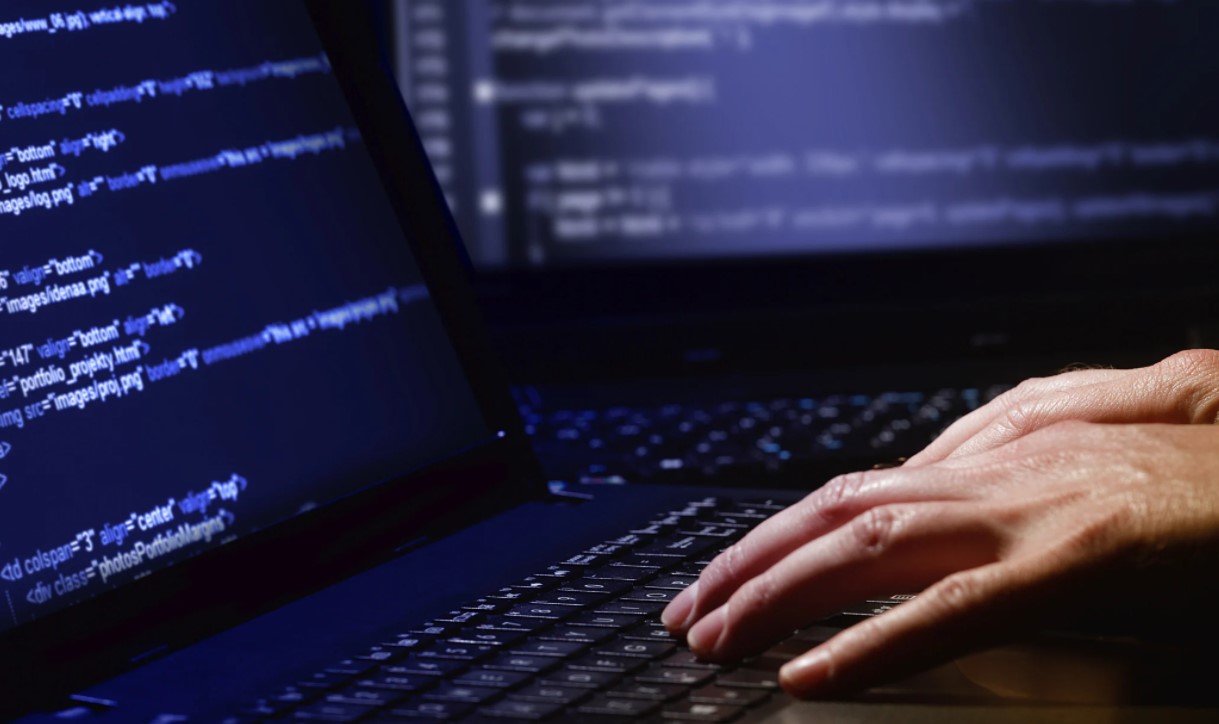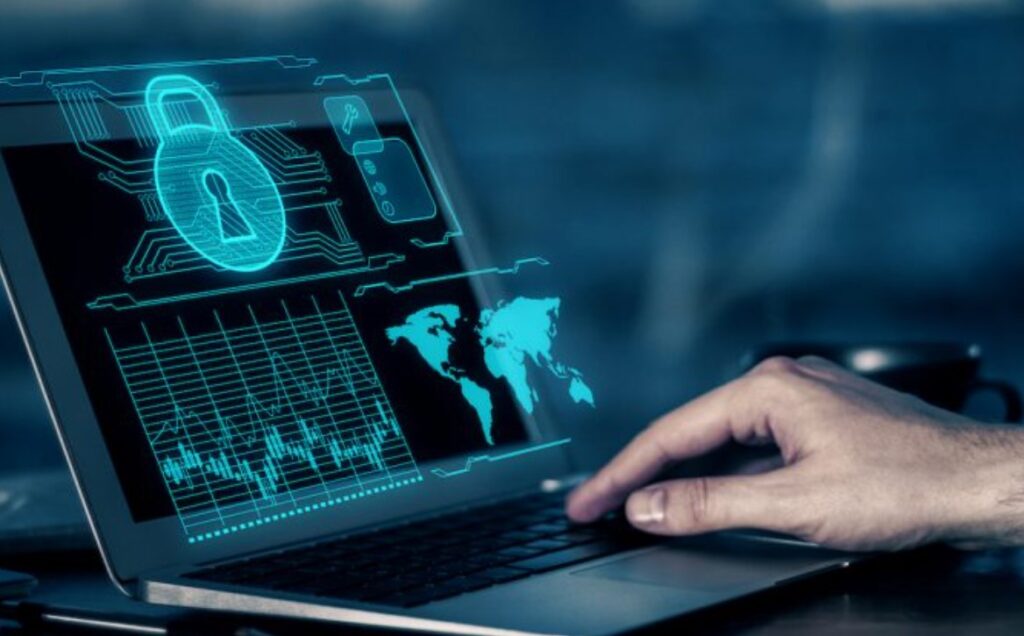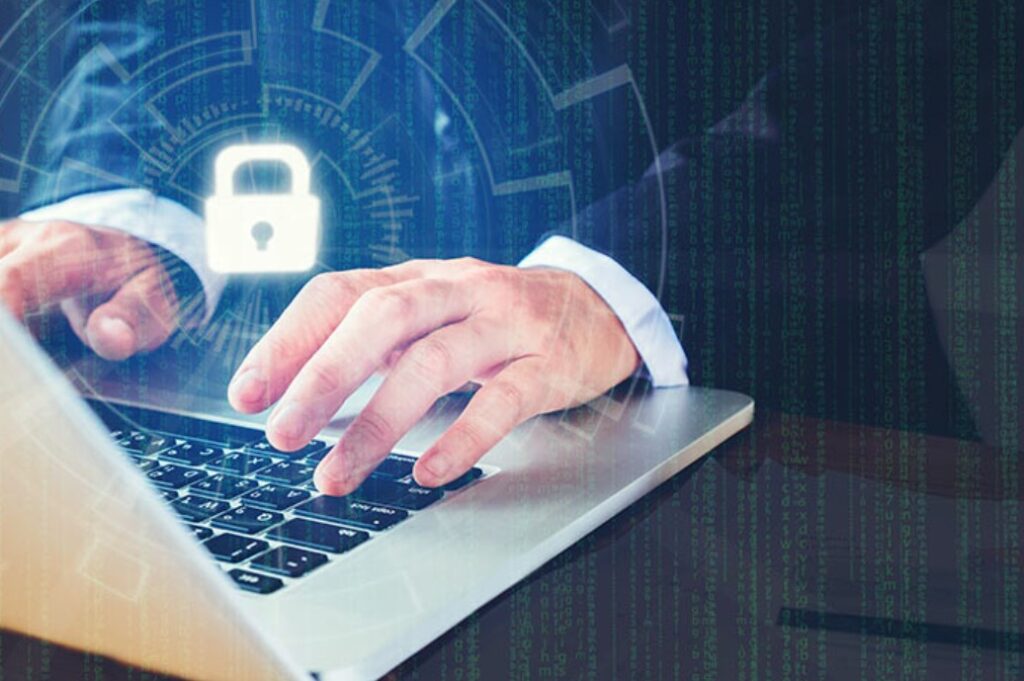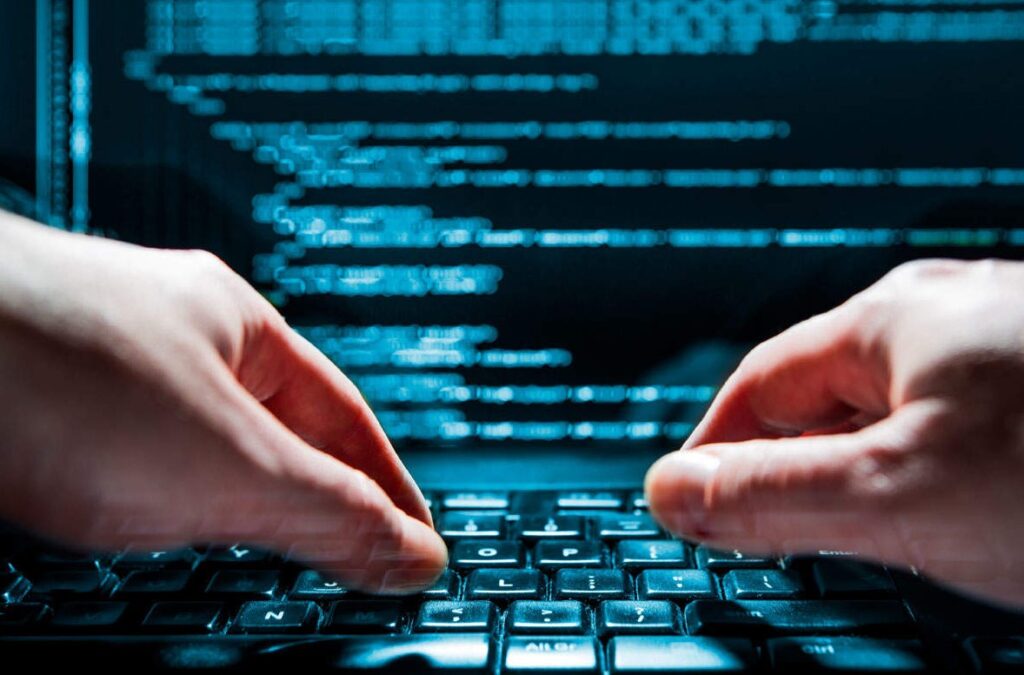In the present data-based economy, data security is of vital significance. Each worker of a firm has an obligation to guard sensitive data from hackers and programmers. The developing use of social development has raised the chance of hacks on any organization’s or business foundation’s data information.
Everybody in the firm should be an individual from the security framework to shield the organization’s information from hackers. Different investigations have shown that an absence of information security training brings about most information burglary events. Most businesses have begun to hire computer hacking forensic investigators to safeguard the security of their data.
Who is a Computer Hacking Forensic Investigator?

Forensic investigators, sometimes known as hacking forensic investigators, are professionals responsible for identifying hacker attacks on an organization’s computer system and adequately extracting evidence so that the crime can be reported to higher authorities.
They also aid in the prevention of future hacker attempts by extensively auditing the system. Computer forensics is defined as the use of computer investigation and analysis tools to identify prospective legal evidence for the future safety of an organization’s computer system.
This evidence may be necessary to settle a variety of computer-related misbehavior or crimes, including intellectual property theft or damage, frauds, and theft of commercial secrets, among others. These computer hacking forensic investigators utilize a variety of approaches to uncover data or recover encrypted or lost data or information from damaged files in an organization’s computer system.
What are the Advantages of Computer Forensics?

Computer forensics lab aids the integrity of digital evidence presented in court cases in both the civil and criminal judicial systems. Digital evidence — and the forensic method used to gather, preserve, and investigate it — has grown more crucial in solving crimes and other legal concerns as computers and other data-collecting devices are utilized more often in every part of life.
Much of the data collected by current technology never reaches the average individual. For example, car computers continuously collect data on when they stop, switch, or change speed without the driver’s knowledge. On the other hand, this information can be crucial in resolving a legal dispute or a crime, and computer forensics is frequently used to locate and preserve it.
Data theft, network breaches, and illicit internet transactions are just a few examples of crimes that can be solved with digital evidence. It’s also utilized in the real world to solve crimes including burglary, assault, hit-and-run accidents, and murder.
Businesses frequently employ a multilayered data management, data governance, and network security strategy to secure proprietary information. Having well-managed and secure data might speed up the forensic procedure if the data is ever investigated.
Businesses also use computer forensics to track data connected to a system or network, which can be utilized to track down and prosecute cybercriminals. In the case of a system or network failure caused by a natural or other calamity, businesses can deploy digital forensic specialists and techniques to assist with data recovery.
Computer Forensics: What are the types?

Computer forensic exams can take three forms. Each one focuses on a different component of IT. The following are some of the most common varieties:
- Database: Data and related metadata are examined in databases.
- Email: Email recovery and analysis, including schedules and contacts, from email platforms.
- Malware: Sifting through code to find and analyze potentially harmful programs. Trojan horses, ransomware, and viruses are all examples of such programs.
Job Outlook For Computer Hacking Forensic Investigator

In recent years, computer forensic professionals have been making headlines owing to high-profile computer security incidents. With their unique skill set, computer forensic specialists can examine the reasons for data breaches after they occur and work with businesses and government agencies to prevent them from happening in the first place.
Computer forensics experts may work for police enforcement or commercial companies. The primary responsibilities of this position are to retrieve data from computers and other electronic devices that hold data in order to discover where and how crimes have been committed.
Specialists could now operate on smartphones, laptops, tablets, flash drives, digital cameras, and other electronic devices. Computer forensics examiners rely on specific tools to do their jobs. They must be able to keep up with all the tools and technology available to the criminals they are pursuing.
Testifying in court and relating the evidence discovered during investigations could also be part of the computer forensics job description. Those working in the sector frequently collaborate with law enforcement, attorneys, and other forensic specialists to evaluate if the evidence they’ve gathered fits together in a legal case.
The job prospects for those who choose this professional route are promising. Because the world is rapidly using computers, more specialists with the knowledge and know-how to deal with the ensuing crimes may be required.
Banks and financial organizations, as well as the medical industry, have been migrating to computerized information systems, necessitating stringent security measures. Over the next ten years, the Bureau of Labor Statistics predicts a 31% increase in jobs for information security analysts and a 14% increase in jobs for forensic science technicians.
What is the Salary of a Computer Hacking Forensic Investigator?

When it comes to income, it’s vital to keep in mind that various factors contribute to establishing a job’s pay. The sort of employment, the quantity of experience, and time spent in the area as a specialist, as well as the geographic location, are all essential contributing variables.
When it comes to asking for a higher wage, having certificates might also help. A computer forensic analyst in the United States receives a typical salary of $72,929 per year, according to salary aggregator PayScale.com (2024), with the least ten percent earning $49,000 and the top ten percent earning $118,000.
Conclusion
Computer forensic investigations employ a combination of tools and specialist expertise to combat modern-day data breaches and help businesses stay safe.







